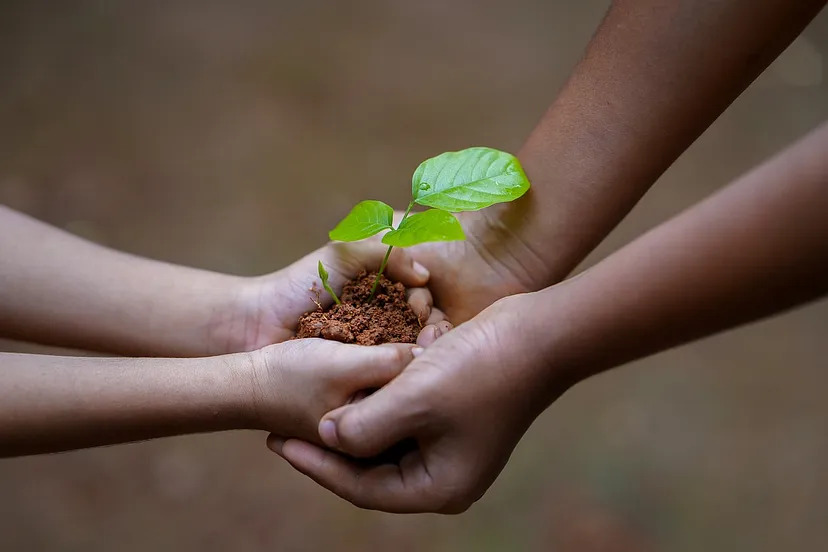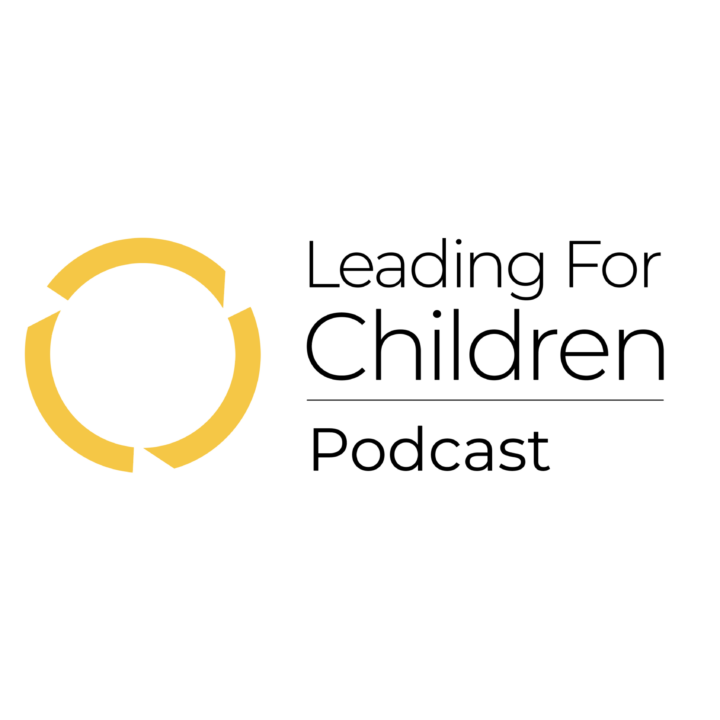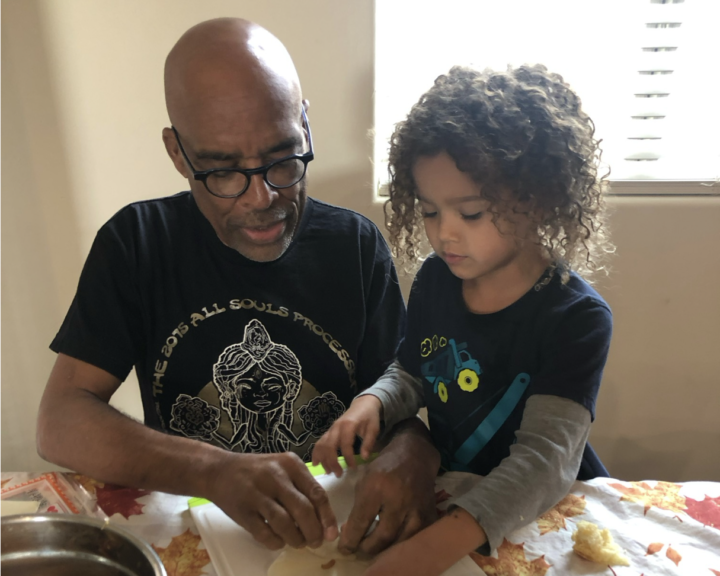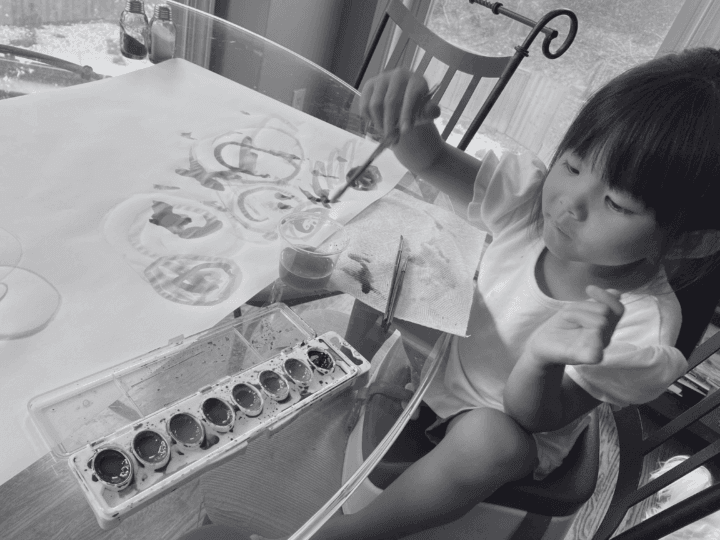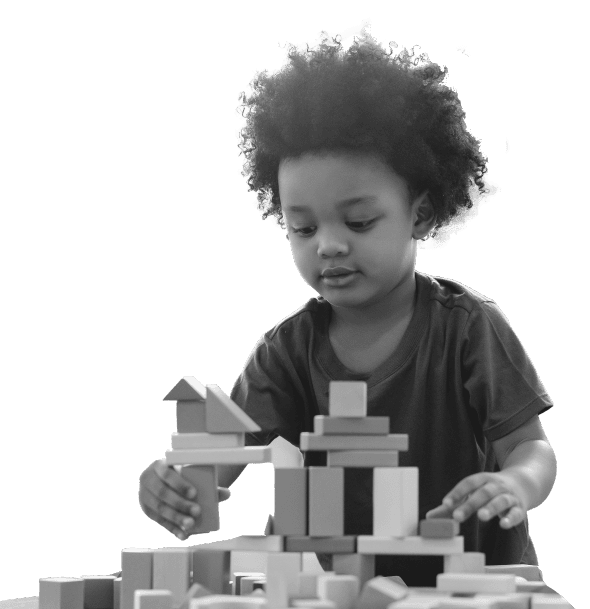By Judy Jablon and Nichole Parks
What does commitment mean to you?
In a recent conversation with colleagues, someone said, “Nurturing relationships with people who are different from you is hard work, personally and professionally.” Another replied, “True. It requires intentional decision-making.” And a third added: “You have to commit.”
Indeed! Commitments are like a north star — the “why” of our actions.
Here are some examples of commitments LFC team members have made, how they stay true to them, and the impact:
Story 1: One commitment I have made to my children is to be available for them emotionally, physically, and mentally. As they grow up, I understand how important it is for them to have a safe place to share their experience. I’m committed to being a safe space for them, to listen without judgment. To stay true to my commitment, I practice being intentional with my words and actions, making sure I’m available, and carefully making sure that I don’t inadvertently deter them from communicating with me. So far, by consider paying attention to my schedule, facial expressions, body language, and responses to their words, my commitment is working out and my children are readily sharing the ups and downs in their lives.
Story 2: By making a commitment to practice gratitude, I can see growth and change in how I’m showing up. Before, it was simply a good idea. To do this, I’ve set aside a few minutes at the start of my day to sit with the commitment. I may look ahead and anticipate moments when gratitude will be easy, such as stepping outside into the garden, or reflecting at the end of the day. I also think about when it might most matter to be grateful — perhaps an interaction I anticipate might be difficult. And then, throughout the day, I try to notice moments of gratitude as they happen. At the end of the day, I reflect on what’s happened and when I have the time, I write about them. I appreciate feeling the impact of their warmth which I find encourages me to continue. Perhaps the most important part of making something a commitment is the willingness to return when it’s hard, or when I’ve neglected it. For me, recognizing that this will surely happen and then giving myself grace helps me avoid destructive negative self-judgement. I try to be kind to myself, maybe even laugh — there I go! Still not perfect! I can move on with hope, remembering that today is the day I get to begin again.
Story 3: Making the commitment to suspend judgment has helped me to authentically nurture relationships. By setting aside preconceived notions and ideas, I’ve been able to approach interactions with an open mind and genuine curiosity. When I quiet my own static, I can hear others’ perspectives, and foster meaningful relationships.
In each of these commitments, we see the challenge of setting aside habitual ways of being. Yes, we sometimes falter! That’s natural — our brains are wired to react to daily concerns and stressors in our environment which is why moments of inspiration and intentionality can feel so fleeting. Yet we can also put mental safeguards in place to protect our commitments. One way is to give ourselves grace when we fall short of how we want to be. Another is to look at the actions associated with our commitments as opportunities rather than tasks. We can activate genuine curiosity about why we might have faltered in our commitments, and we can reframe the moment of reactivating a commitment from “starting over” to “continuing.”
Commitments are personal, guiding our internal thoughts, reactions, and decisions, but they also affect the way others experience us. In our podcast, Nichole shared how her commitment to maintain calm throughout the day not only supported her in being present for Gracie, her daughter, but also how Gracie has started adopting some of Nichole’s calming practices, like waking up earlier to have an intentional morning. This is the power of commitment and the reason we emphasize commitment as an essential first step in being a leader for children. By committing to become who we want to be and persisting in that direction, we not only strengthen ourselves, but also our networks of relationships and the behaviors we, as members of the ecosystem of adults in children’s lives, model each day.
In our most recent Leading for Children Podcast episode, we discuss commitments. We invite you to take a moment to reflect on your intentions, commit to actions that will bring you closer, and share your process with others. With our collective commitments, we can appreciate our lives more and create stronger relationships and communities for children.
